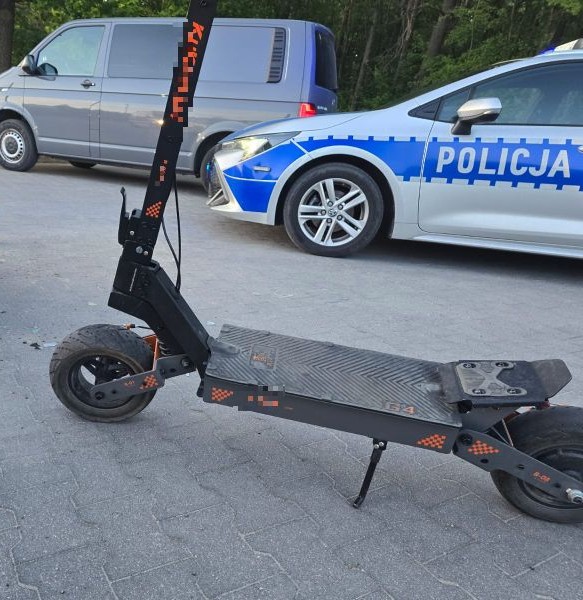
TOULOUSE- Airbus has firmly stated that U.S. airlines must bear the cost of import tariffs on aircraft delivered from Europe, intensifying friction with carriers resistant to absorbing these additional expenses resulting from ongoing trade disputes.
During a conference call following Wednesday’s first-quarter earnings report, Airbus Chief Executive Guillaume Faury established clear boundaries regarding tariff responsibilities.
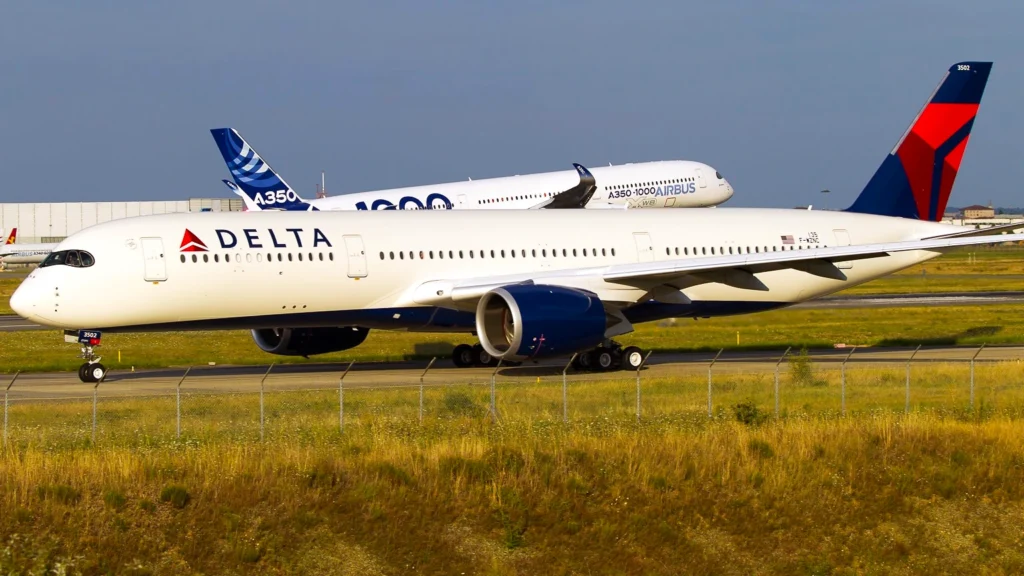 Photo: Clément Alloing
Photo: Clément AlloingAirbus Redirects Tariff Costs to US Airlines
Airbus CEO Guillaume Faury explained that while Airbus covers tariff costs for components shipped to its Mobile, Alabama assembly facility, the company will not absorb import duties for aircraft delivered directly from Europe to U.S. customers.
“When we are exporting from Europe to the United States, that’s an import for the customers. They’re also not very willing to pay tariffs, but it’s on them.”
Guillaume Faury, CEO, Airbus
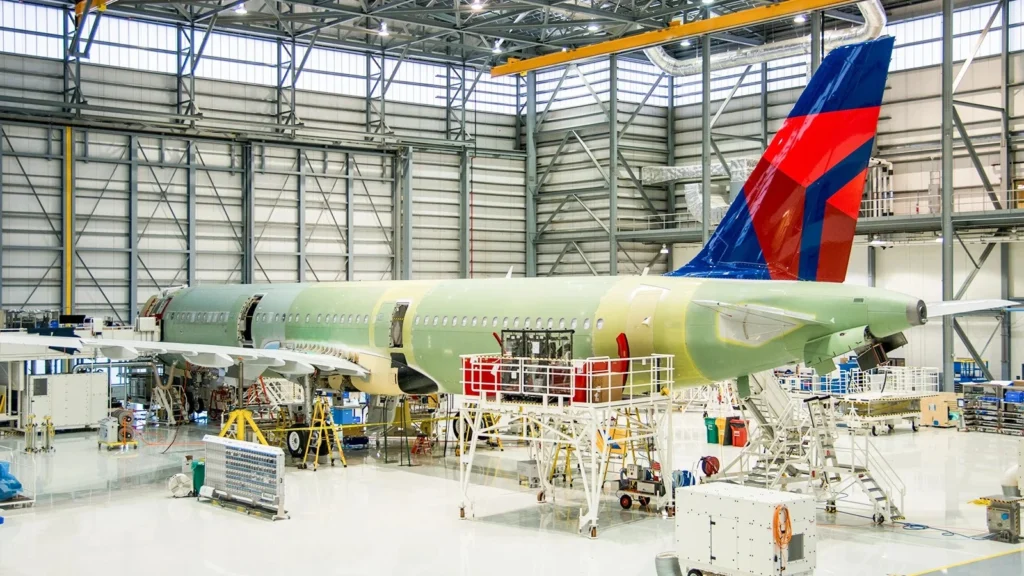 Photo: Airbus
Photo: AirbusIndustry Faces Trade Disruption
These declarations emerge amid growing frustration within the aviation sector, which previously benefited from tariff-free supply chains. The levies introduced under President Donald Trump have disrupted global logistics operations and complicated aircraft transactions across the industry.
Faury emphasised Airbus’s opposition to tariffs, noting they damage both European and American aerospace industries. While the company continues exploring ways to minimise financial impacts, Faury acknowledged that adapting to these changes has placed additional pressure on a supply chain still recovering from pandemic-related disruptions.
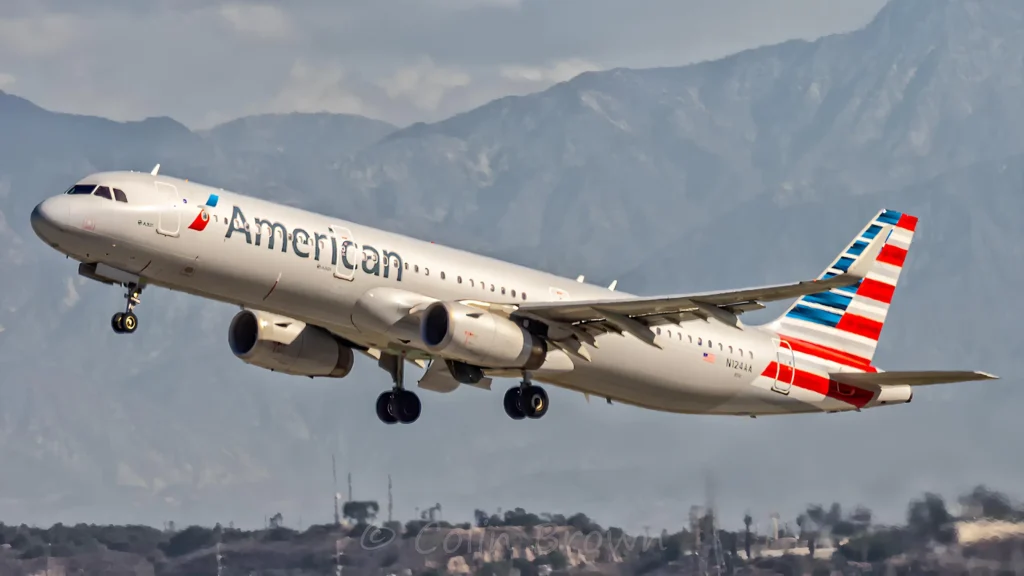 Photo: By Colin Brown Photography | Flickr
Photo: By Colin Brown Photography | FlickrU.S. Airlines Response
Several major U.S. carriers have already rejected absorbing these additional costs. Delta Air Lines (DL) has reportedly rerouted Airbus A350-900 deliveries through Tokyo, employing a strategy similar to one used during a 2019 trade dispute. American Airlines (AA) has also indicated an unwillingness to shoulder these expenses.
“We’re looking at opportunities to export to somewhere else than the U.S., especially for airlines that have international operations,” Faury noted, indicating that Airbus is developing creative solutions with airline partners to navigate tariff challenges.
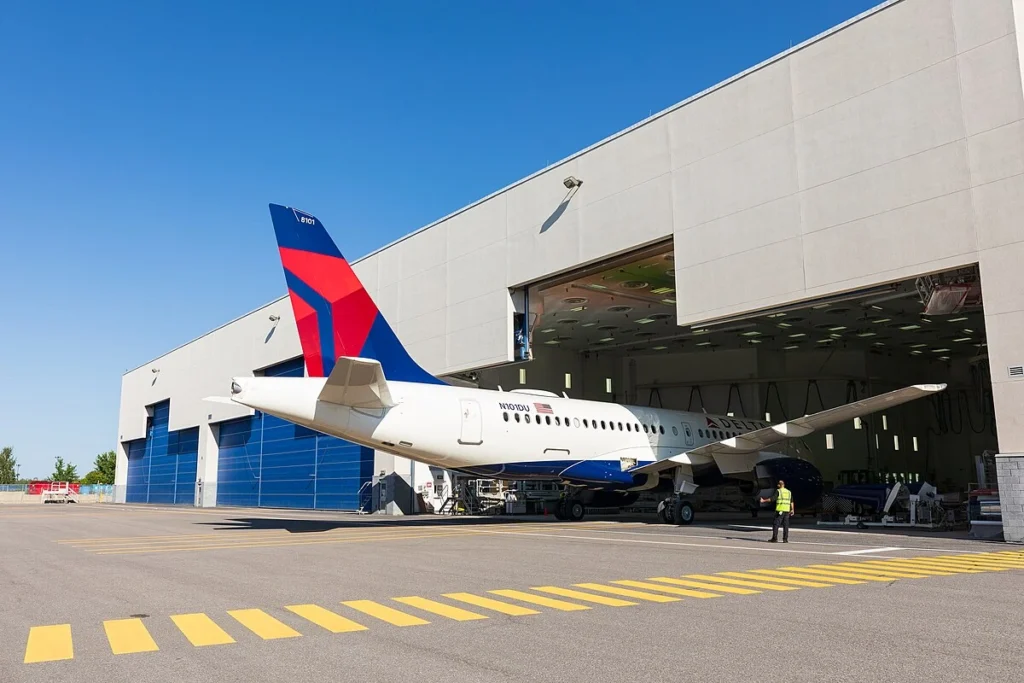 Photo- Delta News Hub; Wikimedia Commons
Photo- Delta News Hub; Wikimedia CommonsDelivery Targets
Despite these obstacles, Airbus maintained its 2025 delivery target of approximately 820 commercial aircraft. This forecast excludes potential tariff-related disruptions and assumes continued global trade stability.
The company expects deliveries to concentrate in the year’s second half due to persistent supply chain bottlenecks, including current engine shortages.
The ongoing situation highlights how trade policies continue to reshape the economics of global aviation, forcing both manufacturers and airlines to adapt their business strategies in response to shifting trade relationships.
Stay tuned with us. Further, follow us on social media for the latest updates.
Join us on Telegram Group for the Latest Aviation Updates. Subsequently, follow us on Google News
Delta Avoids 10% of Trump Tariffs on New Airbus Aircraft with Smart Move
The post “Not Our Problem”: Airbus Redirects Tariff Costs to US Airlines appeared first on Aviation A2Z.







![Okradł skarbony w kościele w Dziwnowie! Poznajecie tego mężczyznę? [FILM]](https://kamienskie.info/wp-content/uploads/2025/07/Clipboard_07-01-2025_01-1.jpg)




